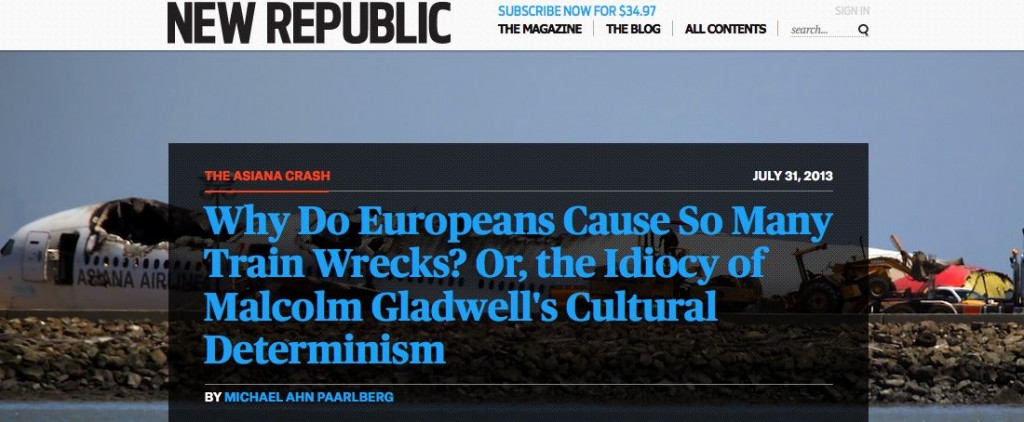Cultural determinism is an intricate tapestry woven from the threads of societal norms, values, and traditions. The concept posits that the culture in which an individual is immersed significantly shapes their worldviews, behaviors, and even their cognitive processes. To explore cultural determinism is to embark on a journey through the labyrinthine corridors of human existence—where the environment and societal constructs dictate pathways of thought and action.
At the heart of cultural determinism lies the idea that human experiences are not merely products of isolated actions or genetic predispositions but deeply embedded within a specific cultural framework. Imagine a tree; its branches and leaves flourish according to the quality of the soil and the climate surrounding it. Similarly, human beings are cultivated within a cultural ecosystem that nurtures certain ideologies while stunting others. This metaphor encapsulates the essence of cultural determinism: humans are not autonomous entities; rather, they are profoundly connected to the cultural milieu that influences their identity.
To dissect cultural determinism further, one must examine the variances across different societies. The subtleties of cultural influences can create divergences in thought patterns and reactions to existential concerns like climate change. For instance, societies that prioritize communal values may foster a profound sense of responsibility towards environmental stewardship. In contrast, cultures that emphasize individualism might foster attitudes that are less inclined toward collective action regarding global issues.
History provides a cornucopia of examples that illuminate the concept of cultural determinism. The Industrial Revolution, a significant turning point in human history, brought about a seismic shift in cultural paradigms. The metamorphosis of agrarian societies into industrial powerhouses was not just a technological revolution; it was a cultural one. Societal values adapted to embrace mechanization and economic productivity, often at the expense of environmental considerations. This cultural shift led to a profound disconnect between humanity and nature, resulting in current ecological crises such as climate change.
As climate challenges amplify, cultural determinism poses an intriguing question: Can culture evolve to embrace sustainability? This question invites the exploration of cultural adaptability. In regions where indigenous practices intertwine with contemporary environmental awareness, we witness a renaissance of cultural triumphs. Practices that honor the symbiosis between humanity and nature can emerge, reviving ancient wisdom while embracing modern innovations. This hybridization illustrates the potential for cultures to recalibrate their guiding philosophies in response to new challenges.
Furthermore, the digital age epitomizes the rapid evolution of cultural norms. Social media platforms have become the new agora, where ideas proliferate and cultural values can be reshaped in real-time. The viral nature of environmental activism exemplifies this phenomenon as collective consciousness shifts towards ecological awareness. Movements like Fridays for Future have shown the power of cultural dynamism: a generation galvanized around a common goal, reshaping societal expectations and responses towards climate action.
Nevertheless, cultural determinism is not devoid of shortcomings. The prescriptive nature associated with the concept often leads to fatalism. Individuals might feel entrapped by their cultural contexts, relinquishing personal agency. It is crucial to recognize that while cultural contexts significantly influence behavior, humans possess the remarkable capacity for critical thought and autonomy that transcends cultural imprints. The intersection of culture and individual agency creates a fertile ground for change, where personal conviction can indeed disrupt deterministic pathways.
Moreover, the intersection of globalization and cultural determinism complicates the discourse. As cultures intermingle—through migration, commerce, and technology—the very fabric of cultural identity becomes deconstructed and reconstructed. The effects of climate change permeate borders, demanding a collective response that transcends local customs and embraces global imperatives. This transnational nature of climate challenges requires a re-evaluation of cultural determinism. It necessitates a cultural responsiveness that acknowledges the interconnectedness of humanity while respecting local traditions and practices.
Consequently, cultural determinism opens a portal to contemplate the future trajectory of societal values in the face of a climate emergency. The poignant interplay between tradition and progress can usher in novel perspectives on environmental stewardship. One might envision a world where cultural narratives embrace sustainability as a core tenet. By anchoring environmental principles within cultural identities, societies can foster a sense of belonging and responsibility towards the planet, transforming rhetorical commitment into actionable change.
Finally, race, class, and gender further shape cultural determinism, amplifying existing disparities. Underrepresented voices may struggle to influence mainstream narratives due to systemic barriers embedded within their cultural contexts. Recognizing these disparities is paramount in crafting holistic solutions to climate change. Empowering marginalized communities to engage with cultural narratives fosters rich, diverse perspectives that can enhance collective wisdom. Inclusive environmental strategies can breed innovative approaches to tackling climate challenges, setting a benchmark for collaborative action.
By appreciating the nuances of cultural determinism, one unlocks the potential for profound transformation. Through the lens of cultural influences, it becomes apparent that humanity’s collective resolve can transcend cultural boundaries, forging a united front against climate change. In essence, cultural determinism can serve not merely as a descriptor of societal influences but as a catalyst for reimagining our relationship with the environment. As we traverse this critical juncture, a newfound cultural consciousness may emerge—one that reveres the interconnectedness of all life and champions the pursuit of ecological balance.
